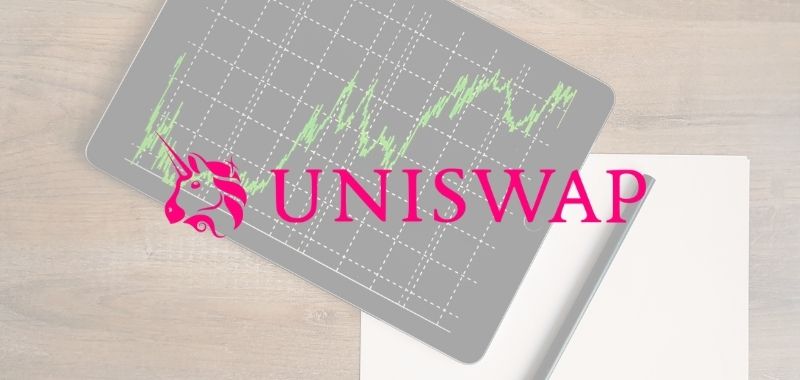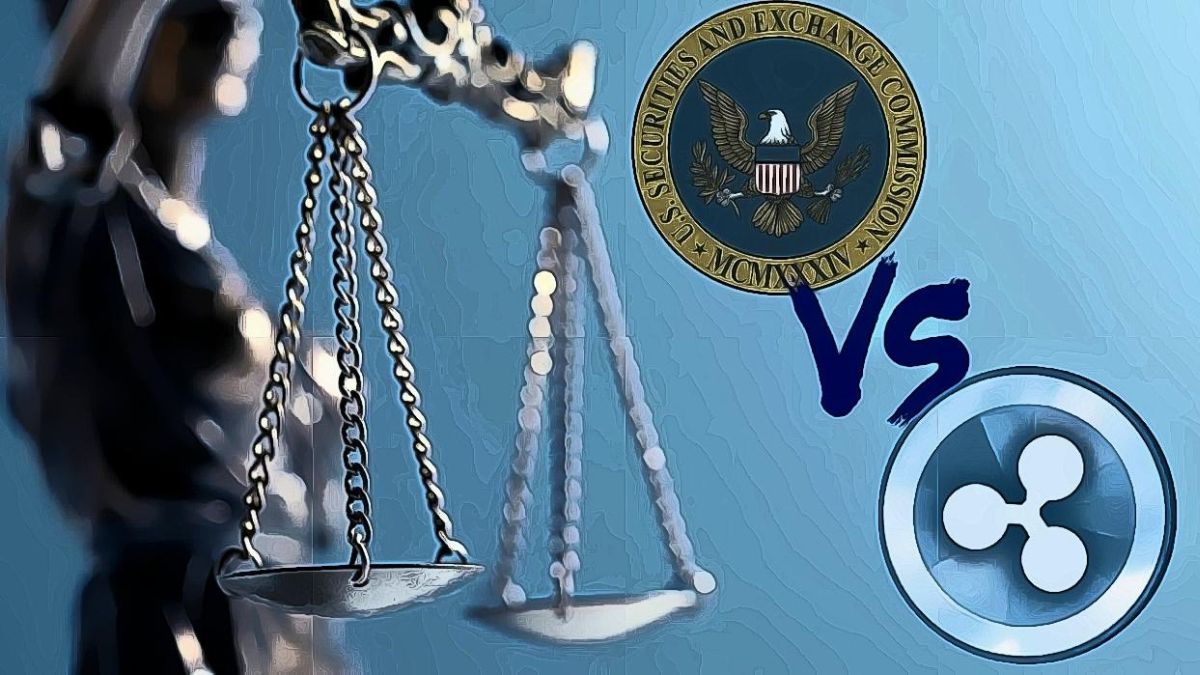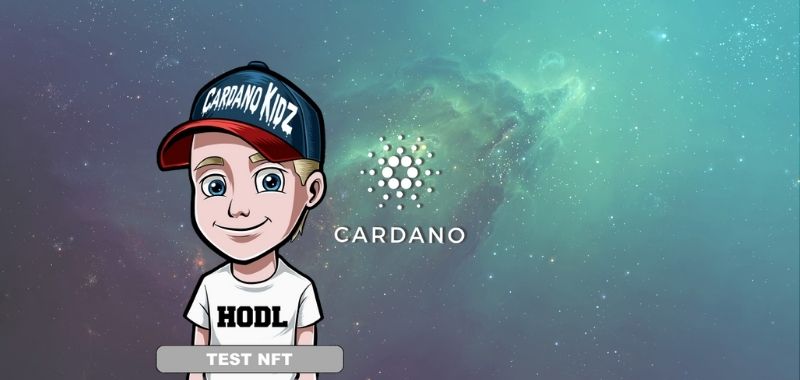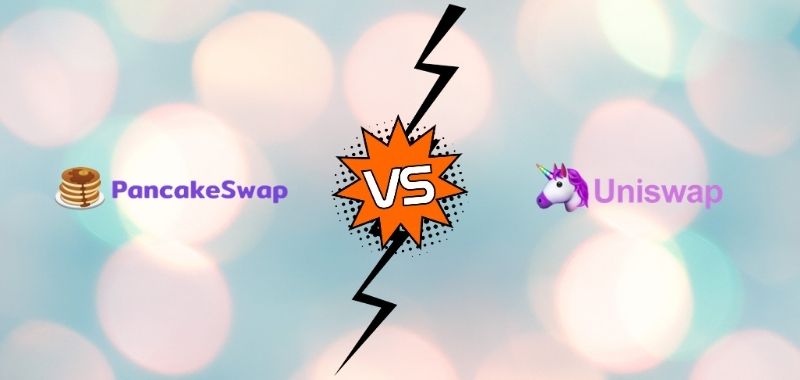DeFi News
This DeFi token is up 1000% so far this year
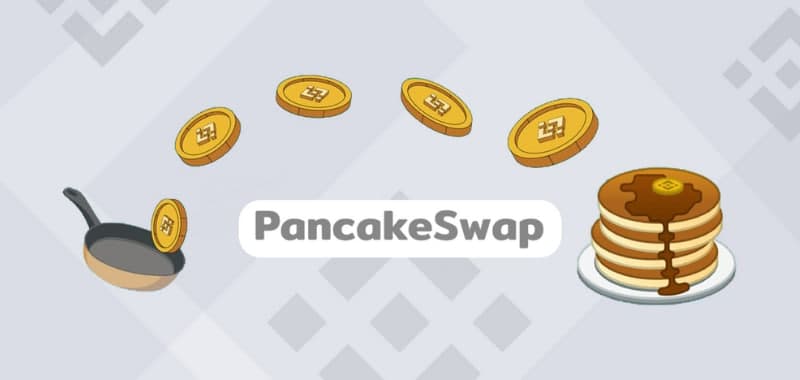
The token of a relatively new decentralized exchange in the decentralized finance (DeFi) space has rallied over 1,000% so far this year as the DEX has been seeing massive trading volumes over the last few weeks.
The native token of PancakeSwap (CAKE) launched late last year and has surged recently as the exchange is now the third-largest decentralized trading platform by trading volume, with over $444 million changing hands through the platform on a daily basis.
This means PancakeSwap is moving larger amounts of money than SushiSwap, a popular competitor, which has traded nearly $430 million over the last 24 hours. PancakeSwap falls only behind Uniswap, which has a trading volume close to $1.2 billion per day.
PancakeSwap has been seeing huge trading volumes as the platform is not a decentralized finance project built on top of the Ethereum network, which is currently dealing with congestion and seeing average transaction fees go as high as $24, and is instead built on the Binance Smart Chain.
The Binance Smart Chain was launched in September of last year and is a high-performance EVM-compatible blockchain that runs in parallel to the Binance Chain (launched in April 2019); this enables smart contracts and Binance Coin (BNB) staking. Transaction fees on the Binance Smart chain, which uses BEP-20 cryptoassets, are much lower.
According to available data, the price of the CAKE token has moved up from about $0.6 at the beginning of the year to over $6.7 at press time.

As the Daily Hodl reports, cryptocurrency analyst Nicholas Merten has said he is impressed with the project’s performance, but recommended investors wait to see if the DEX’s performance is the result of hype surrounding it or here to stay.
In a video, Merten noted that it’s “really nice to see more competition come into this space,” and pointed out that the Binance Smart Chain is more affordable to the everyday user. After noting he “missed the train on this” and did not “see the Binance ecosystem picking up as much as it has,” he warned investors “not to get too caught up in a hype.”
He added:
“The one thing this is shaped up for, especially in this case as everything is developing on the Binance Smart Chain, is it has served as a really big boost for the BNB token in this case as a potential reserve asset, similar to how ETH is the reserve asset for the Ethereum ecosystem”.
DeFi News
UK updates its tax policies on DeFI and Staking loans

The UK’s tax authority, Majesty’s Revenue and Customs (HMRC), released an update to its guidance on Wednesday, reported Bloomberg.
The new policy provides a series of “guiding principles” that act as general guidance in determining whether DeFi-related return or participation should be classified as income or capital gain.
How loan returns or staking is taxed depends on whether it is considered capital or income, however determining this can be a complex task. In the post, the HMRC admitted about this difficulty:
Token lending/staking via Decentralized Finance (DeFi) is a constantly evolving area, so it is not possible to establish all the circumstances in which a lender/liquidity provider makes a return on their activities and the nature of that performance. Instead, some guiding principles are established.
New policy to tax DeFi and staking
The latest guide sets out four distinct points designed to make it easier for people to determine the nature of their tax. Firstly, if the return received by the lender or liquidity provider is known “at the time the agreement is made”. If known, it would indicate a revenue receipt, but if unknown, it would indicate a capital receipt.
Second, if the return is realized through the disposal of a capital asset, it qualifies as capital. Conversely, if the borrower, or the DeFi lending platform, pays the yield to the lender/liquidity provider, the yield should be classified as income.
Third, the regulator indicated that lump-sum payments are “more likely” to qualify as principal; while recurring payments are “more likely” to be in the nature of revenue. Finally, the HMRC mentions the loan period as another variable that determines the nature of the repayment, everything will depend on whether it is “fixed or indefinite, short or long term”, he said.
The document presents some examples of how users can determine the nature of their loan return or participation. For example, if the return amount has already been agreed upon, say 5% per annum, it will most likely be a revenue receipt, the regulator said. On the other hand, if the income is “unknown and speculative”, it is probably a capital receipt.
As CoinDesk noted, the new policy is an update to previous guidance that had been published by HMRC in March 2021. According to that document, taxation of staking trades depended on whether the activity amounted to “taxable trading.” The wording closely resembled the established rules for taxing cryptocurrency mining, the outlet adds.
DeFi News
New SEC Definition Includes DeFi Exchanges
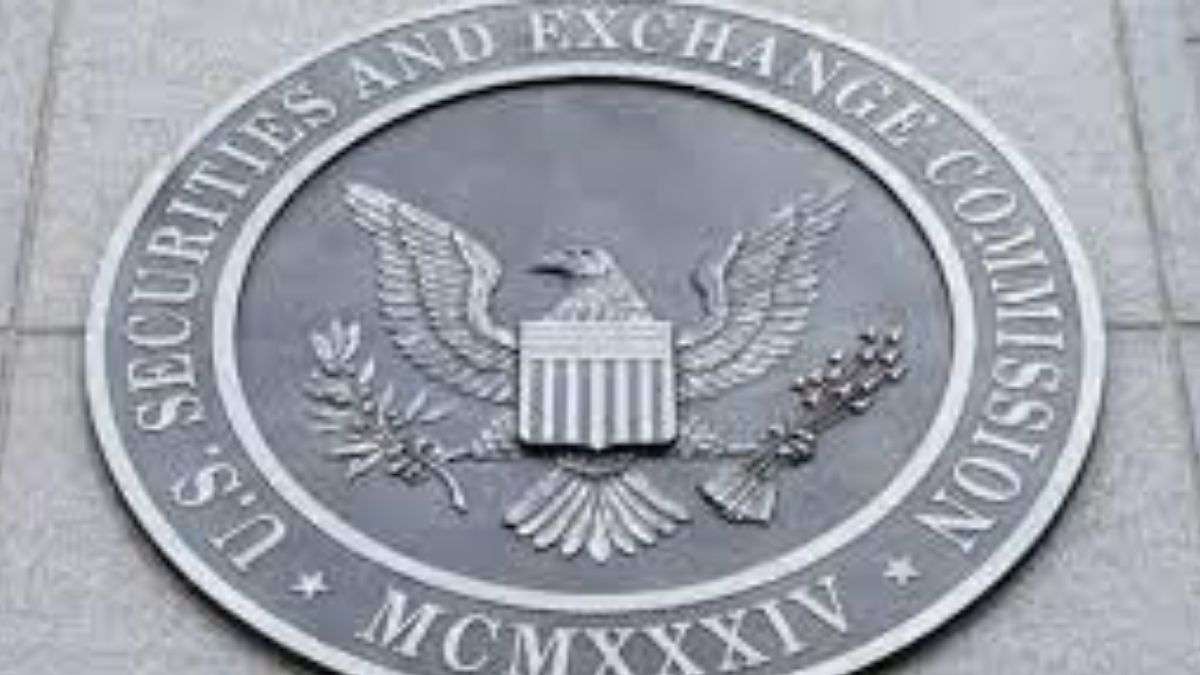
The US Securities and Exchange Commission (SEC) is interested in the fact that the definition of a stock market would now be much broader, also encompassing systems that allow buyers and sellers to communicate their interest in trading this type of asset, which which would include decentralized exchanges (DEX) such as Uniswap, PancakeSwap and many others for bringing together this type of people interested in trading digital currencies.
The measure would require platforms that meet these characteristics to register with the US Securities and Exchange Commission as securities brokers, and since decentralized exchanges would not be able to meet the demands required by this type of license, this could imply the imminent cessation of its operations throughout the United States.
More delicate than it seems
Some analysts and enthusiasts express concern about the possible repercussions this could have for the sectors associated with digital currencies.
In this regard, the DeFi sector enthusiast, Gabriel Shapiro, presented an even more delicate panorama for this type of exchange, since such a definition could also address even block explorers, such as Etherscan, precisely because they allow users to users interact with smart contracts to communicate business interests.
In this sense, it highlights that all this can be interpreted as a restriction on freedom of expression, for which it would be completely unconstitutional.
From a regulatory point of view, the SEC commissioner, Hester Peirce, also expressed her concerns and echoed some aspects mentioned above, placing special emphasis on the broad and diffuse nature of the changes proposed by the entity, which even go far beyond the scope and jurisdiction of the regulatory body.
On the other hand, Peirce criticized the fact that the interested community has very little time to read, understand and consider the proposal, which is not consistent with the implications it could have, since it would be making changes to an ecosystem that moves thousands of million dollars, which it could harm in unforeseen ways.
DeFi News
Uniswap exceeds US$500 billion in traded volume since its launch

One of the best-known decentralized exchanges in the cryptocurrency market has just passed the US$500 billion transacted mark.
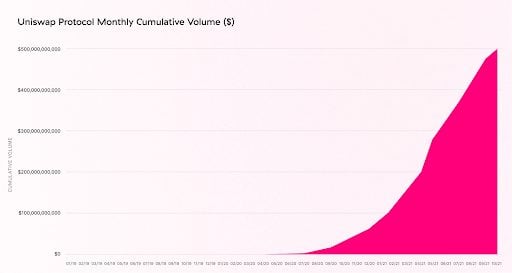
“We’re proud of the magnitude of this number, but we’re even happier knowing that millions of users have had direct access to markets they could trust were operating in their best interest.” – stated Uniswap Labs on Twitter.
About 2 billion of this volume was thanks to two scalability solutions integrated into the project:
“⚡️ $2 billion of this volume was contributed by @arbitrum and @optimismPBC deployments, which are starting to see significant traction!” – said Uniswap Labs.
Uniswap was created in November 2018, but it was conceived in 2016 by Vitalik Buterin (creator of Ethereum). With support from the Ethereum Foundation, programmer Hayden Adams made the idea come true.
Since then, the broker has not stopped growing and its UNI token is already worth 14.35 billion dollars.
With Uniswap, anyone can be an arbitrator between tokens using the blockchain, which narrows the price gap in small markets and gives incentives to balance asset prices using blockchain and centralized brokerages.
Currently, UNI is traded in several brokers in EEUU and around the world, such as Coinbase, Bitfinex and Binance US.
“We are so grateful to be together on this journey with our incredible community, and we can’t wait to hit the $1tn mark.”
-
Opinion2 years ago
XRP: FOX Business Senior Correspondent Says SEC Is Losing Its Lawsuit Against Ripple
-
Tutorials3 years ago
How to Earn, Farm and Stake CAKE on PancakeSwap with Trust Wallet
-
Altcoins News3 years ago
Projects with ongoing migration from Ethereum to Cardano
-
NFT3 years ago
CardanoKidz: The first NFTs arrive at Cardano
-
Tutorials3 years ago
How to set up a Bitcoin node: beginner’s guide
-
NFT3 years ago
SpaceBudz: new astronaut NFTs on Cardano
-
DeFi News3 years ago
Uniswap vs PancakeSwap: Full analysis
-
DeFi News3 years ago
Liqwid Finance the first DeFi project on Cardano: everything you need to know




